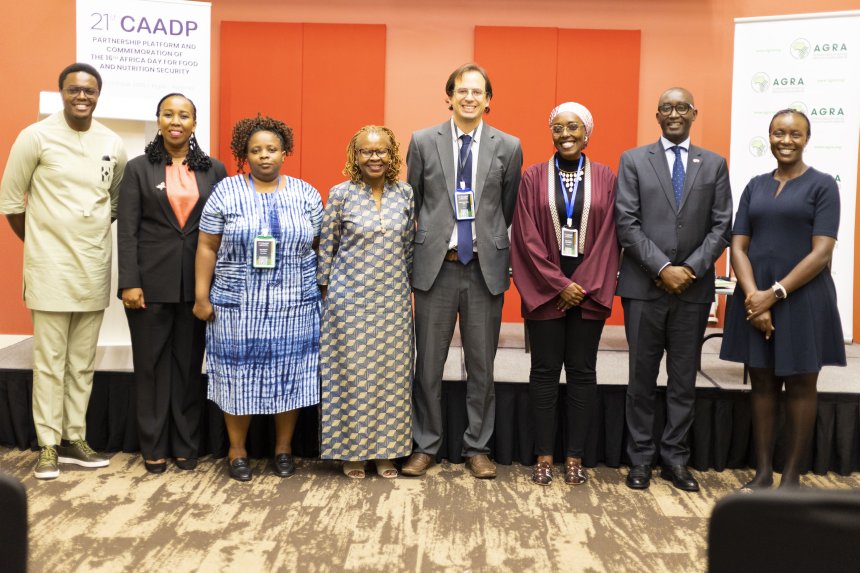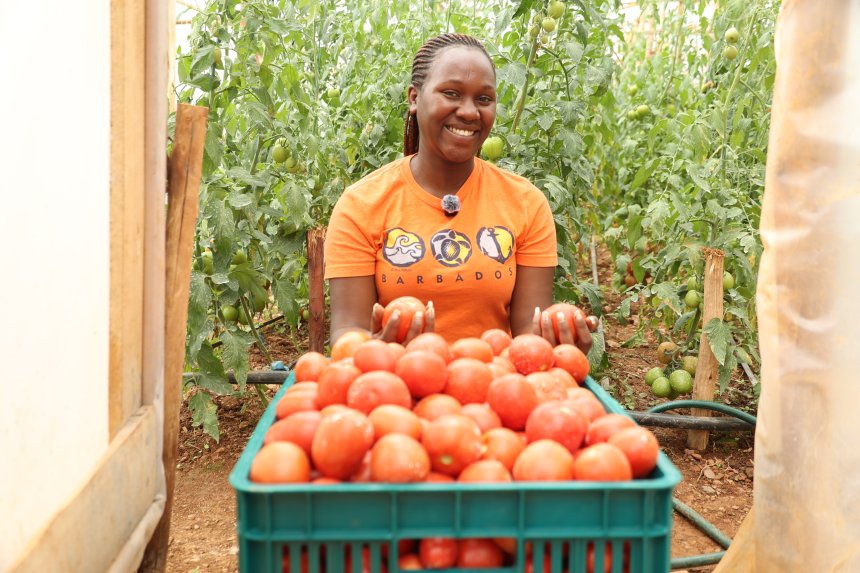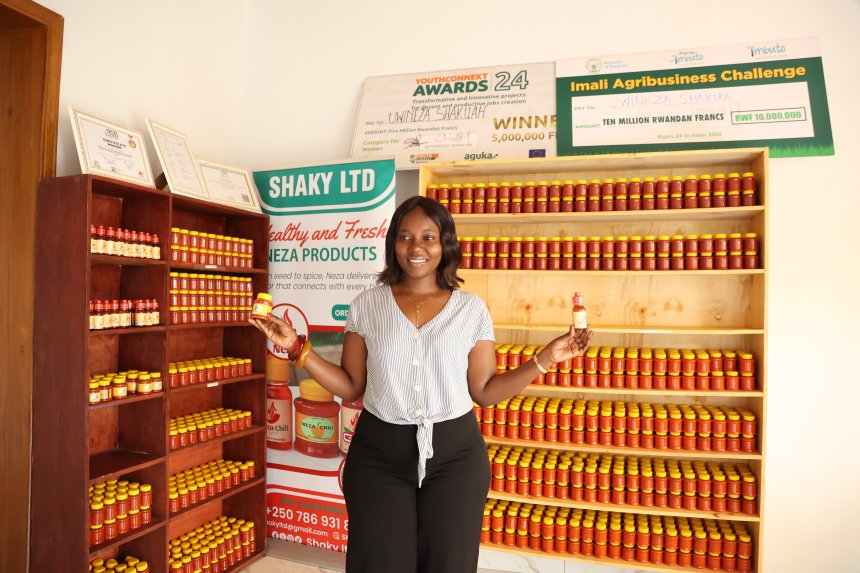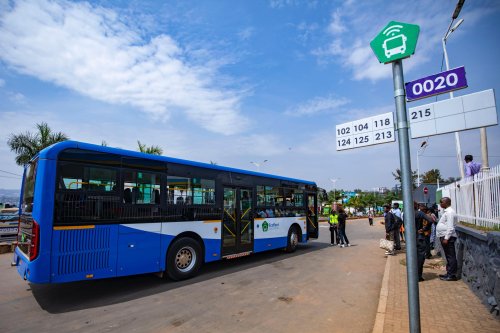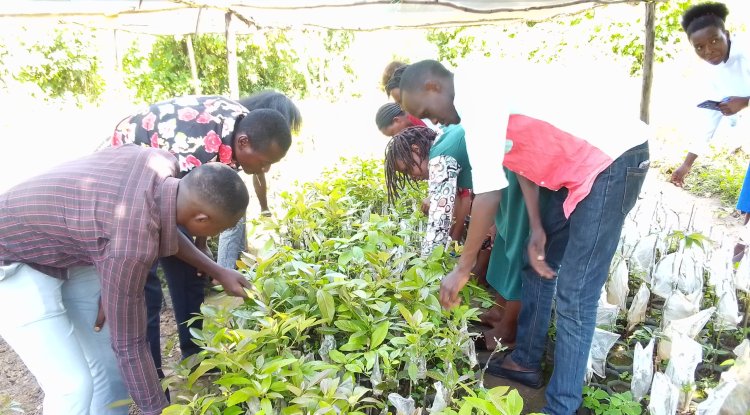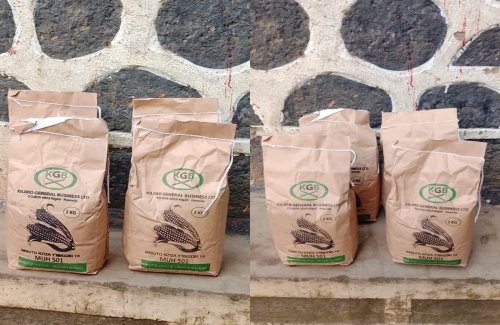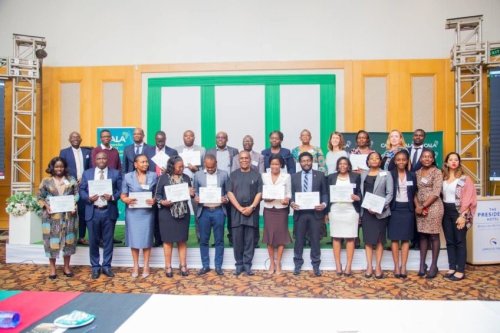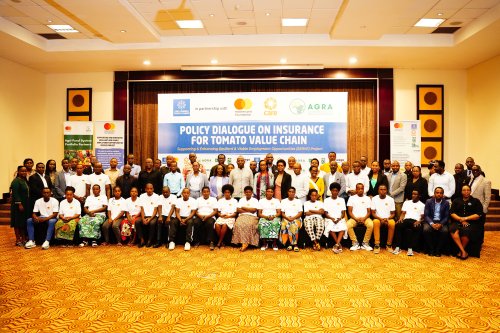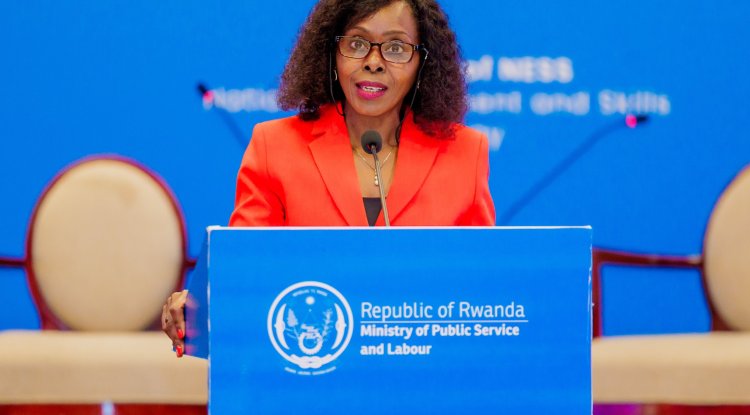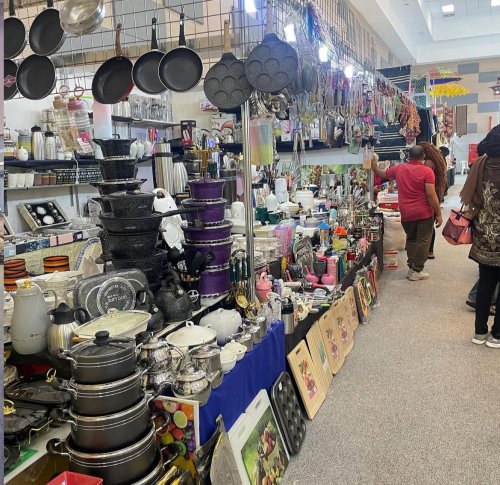Empowering Women to Lead Africa’s Agri-Food Transformation
Experts and policymakers have called for stronger action to close the gender gap in Africa’s agri-food systems, emphasizing the need for evidence-based policies, financial inclusion, and strategic partnerships.
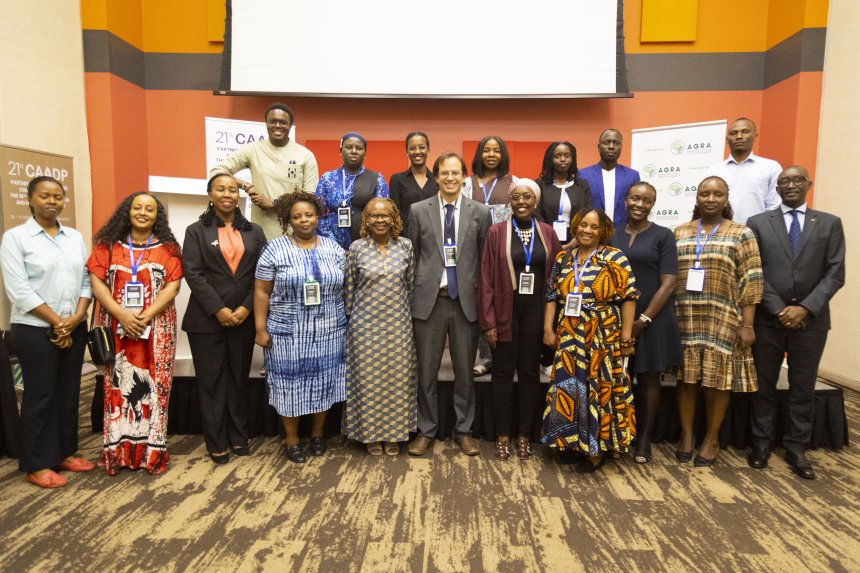
This call was made during a panel discussion themed “Unlocking Women’s Potential in Agrifood Systems through 3Ps Proofs, Policies and Partnerships”, held in Kigali as part of the 21st CAADP Partnership Platform and the 16th Africa Day for Food and Nutrition Security.
Speaking on Rwanda’s progress in promoting women’s access to finance, Jean Bosco Iyacu The Chief Executive Officer of Access to Finance Rwanda (AFR) said the country’s success story is rooted in accountability and evidence-based policymaking. He explained that the Finscope Survey, conducted every four years, has been a key instrument in tracking inclusion levels.
“What gets measured gets done,” Iyacu noted. “Rwanda’s culture of accountability where government, private sector, and civil society work as one team has driven progress in closing the gender gap in finance.”
He highlighted that access to finance for women has risen from 92% in 2020 to 96% in 2024, crediting both data-driven decisions and institutional mechanisms such as the Gender Monitoring Office and the Central Bank’s inclusive finance guidelines that encourage banks to design products for women entrepreneurs.
For Sakina Usengimana ,CEO of Afrifoods and Chairperson of Rwanda Youth in Agribusiness (RYAF), the progress achieved so far should not overshadow the challenges that remain. She pointed out that many women still struggle to access credit due to the lack of collateral and limited access to public procurement opportunities.
“Collateral remains the biggest wall for women,” she said. “Women are not asking for favors; they’re asking for opportunities and recognition.”
Usengimana also praised Rwanda’s Gender Seal Certification, an initiative recognizing institutions that adopt gender-responsive practices, saying it is helping to institutionalize inclusivity in both public and private sectors.
Jonathan Said, Vice President for the Centre of Technical Expertise at AGRA, emphasized that while policies are crucial, their implementation must be closely monitored. He introduced AGRA’s Gender Mainstreaming in Agriculture tool, piloted in Ghana, Kenya, and Malawi, which helps governments assess how gender-responsive their policies are.
“The tool allows governments to evaluate each policy and determine whether it’s gender-blind, neutral, sensitive, intentional, or fully responsive,” Saidi explained. “This ensures that commitments on paper translate into real action for women.”
He encouraged African countries to integrate such monitoring tools into their national planning systems to make gender equality a measurable part of development outcomes.
Representing the African Union Commission, Nsama Chikolwa Nsemiwe, Land Governance and Gender Specialist at the African Union Commission reaffirmed the AU’s commitment to advancing women’s empowerment in agri-food systems. She said the AU is developing a Framework for Women in Agri-Food Systems, aligned with Agenda 2063, the CAADP Strategy, and the Kampala Declaration.
“This is not just a policy document,” Nsemiwe said. “It’s a reform agenda to position women as central actors in resilient and inclusive agri-food systems.”
She noted that the framework aims to promote equal access to inputs, land, and finance, while strengthening women’s leadership and participation in markets. It also seeks to establish gender-responsive data systems to track progress across member states.
The discussion concluded with a shared message: empowering women is not just about fairness but about transforming Africa’s food systems. Through Proofs (data), Policies (inclusive reforms), and Partnerships (collaboration across sectors), countries can unlock women’s potential and accelerate sustainable growth.
As one panelist summarized, Africa’s future food security depends on how fully women are included in its transformation journey.
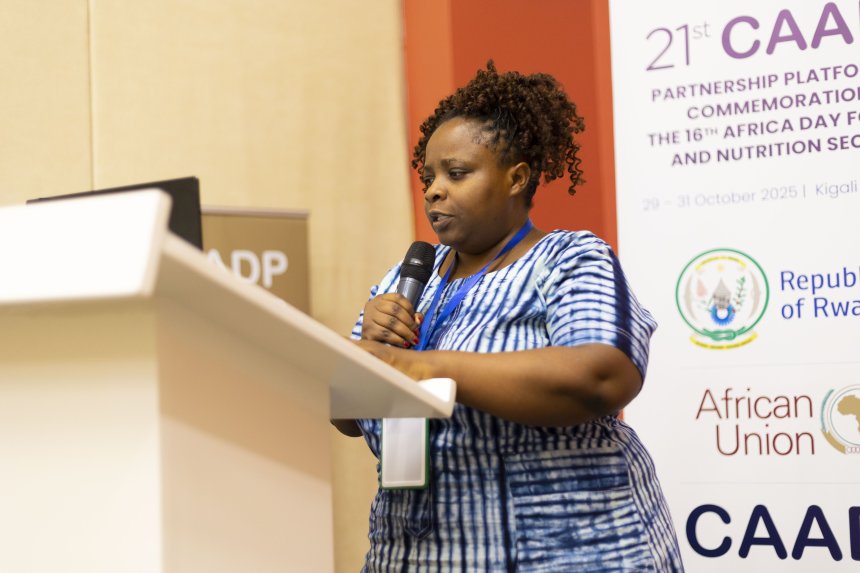 Nsama Chikolwa Nsemiwe, Land Governance and Gender Specialist at the African Union Commission.
Nsama Chikolwa Nsemiwe, Land Governance and Gender Specialist at the African Union Commission.
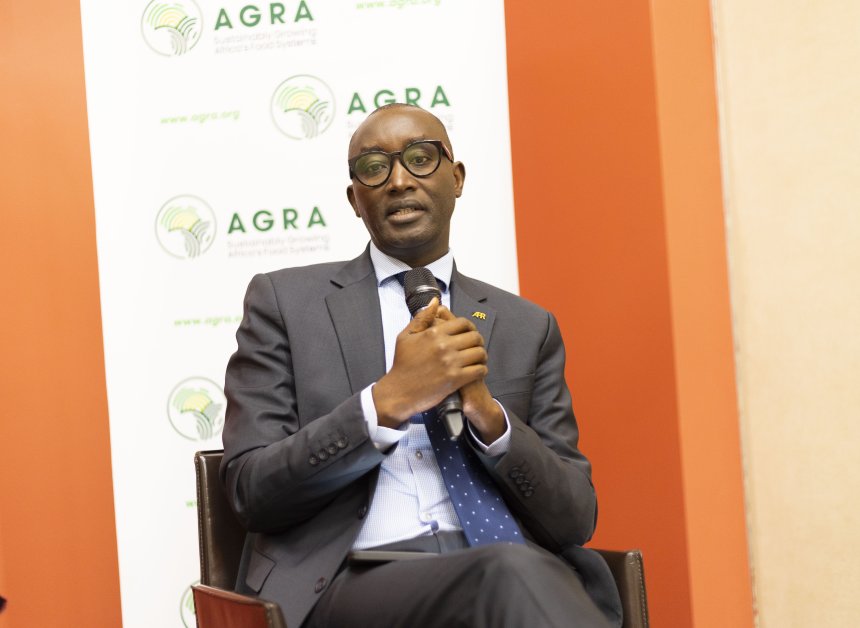 Jean Bosco Iyacu, The Chief Executive Officer of Access to Finance Rwanda
Jean Bosco Iyacu, The Chief Executive Officer of Access to Finance Rwanda
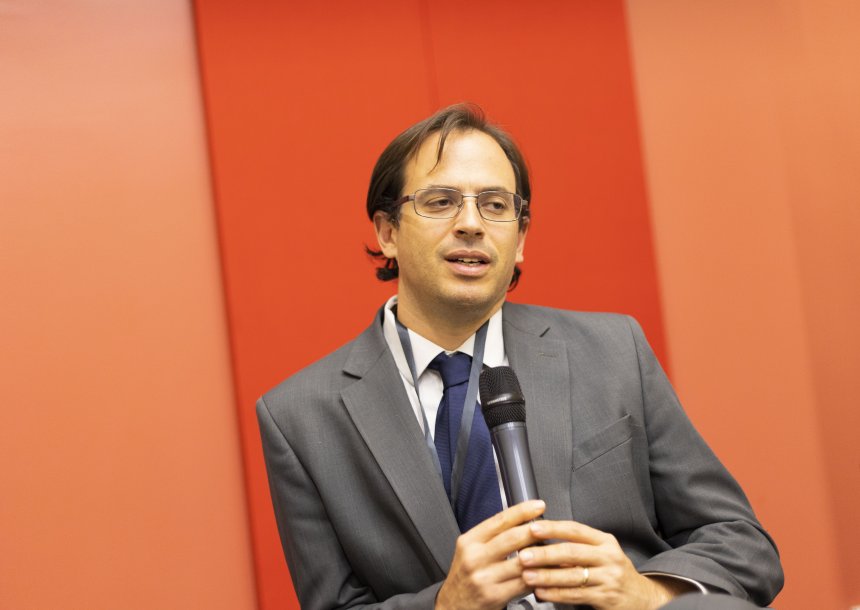
Jonathan Said, Vice President for Technical Expertise at AGRA
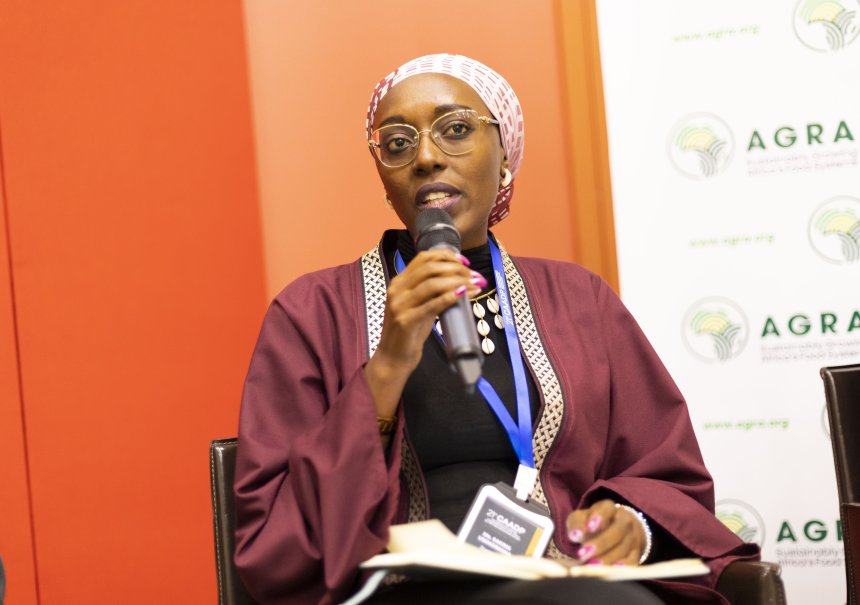 Sakina Usengimana ,CEO of Afrifoods and Chairperson of Rwanda Youth in Agribusiness (RYAF)
Sakina Usengimana ,CEO of Afrifoods and Chairperson of Rwanda Youth in Agribusiness (RYAF)
